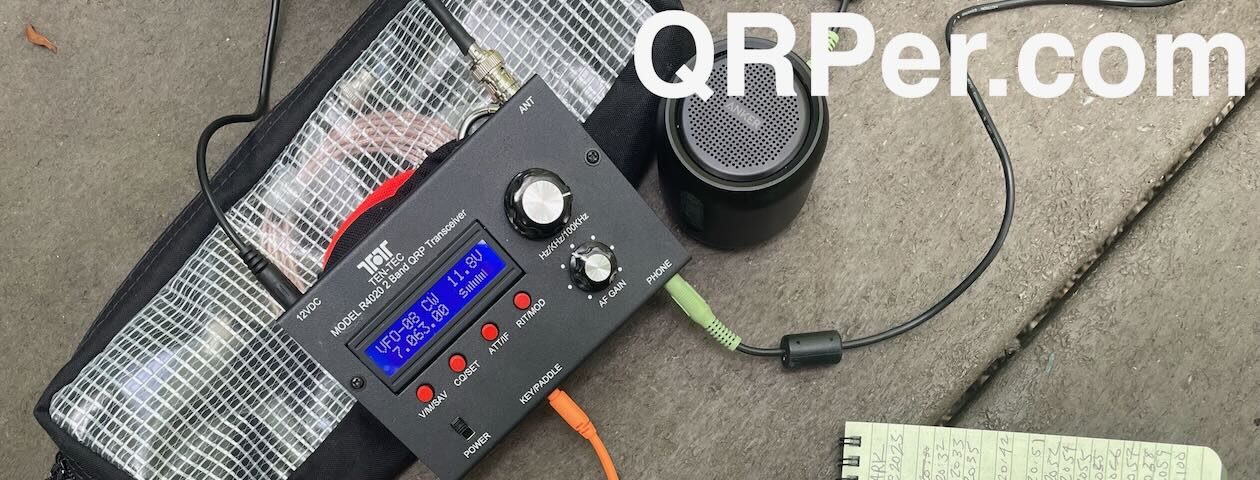 If you’ve been watching my field activation videos for long you’ve no doubt noticed that, at the end of an exchange, I’ll often send “72 de K4SWL” instead of “73 de K4SWL.”
If you’ve been watching my field activation videos for long you’ve no doubt noticed that, at the end of an exchange, I’ll often send “72 de K4SWL” instead of “73 de K4SWL.”
“73” much like “CQ” has a very distinct sound and cadence in CW. Even during one’s earliest days of learning CW, the sound of “73” is sort of burned into the brain and instantly recognized.
I’m sure that’s why when I send “72” some believe I’m sending it by mistake–it’s very conspicuous even to new CW operators.
Perhaps this is why one of the most common questions I receive from new YouTube channel subscribers is:
“Thomas, why are you sending 72 instead of 73?”
The answer is actually very simple…
72 is the QRP version of 73

“72” isn’t a new ham radio abbreviation but according to my light research, it doesn’t date back to the earliest days of wireless either (please correct me if I’m wrong).
The late and great George Dobbs (G3RJV) notes in his book “QRP Basics” that 72 has been in use since the late 1980s as a way some operators identify that they’re running QRP or low power (generally 5 watts or less).
You’ll find it referenced in numerous abbreviation guides like the CW Ops CW guide and in QRP communities like QRP-L and the QRPARCI. In the past, I’ve heard 72 used in QRP contest exchanges too. I suppose it’s also a bit of a “handshake” among QRP operators.
That said, 72 isn’t as commonly used to convey “Best Regards” as the more standard 73. Not by a long shot. I’ve gotten messages from passionate radio purists who’ve told me to stop using it, in fact, since it’s not as standard as 73. I get where they’re coming from because keeping our abbreviations standard makes communication that much clearer.
I’ll admit that I’m a bit this way with the international phonetic alphabet: I like sticking to the script for reasons of clarity and simplicity.
I almost unconsciously go back to using “73” if I suspect the op on the other end is new to CW.
Then again…
72 is simple and clear
 The main reason I choose to use 72 during many of my POTA/SOTA activations is because I believe it conveys a message in the most concise and clear way possible.
The main reason I choose to use 72 during many of my POTA/SOTA activations is because I believe it conveys a message in the most concise and clear way possible.
Sending “72” allows me to communicate my power level without having to send any extra elements/words like “3 WATTS” or “/QRP” after my callsign–especially since communicating power output isn’t typically a part of a SOTA/POTA exchange.
Sending “72” might also help to explain why my signal strength might be a bit lower, or surprise a DX contact if I’m being received 599.
While it’s true some on the other end might scratch their heads and have to look up the meaning of “72,” once they know it, they know it.
And if sending “72” isn’t your thing or you don’t agree with its use, that’s perfectly okay too! You’ll hear me using it most of the time I’m running QRP in the field, but I don’t expect anyone else to.
To each their own, I say!
When I do hear another op use 72? I know the contact was QRP on both ends and that’s kind of cool in my book!
72,
Thomas (K4SWL)






